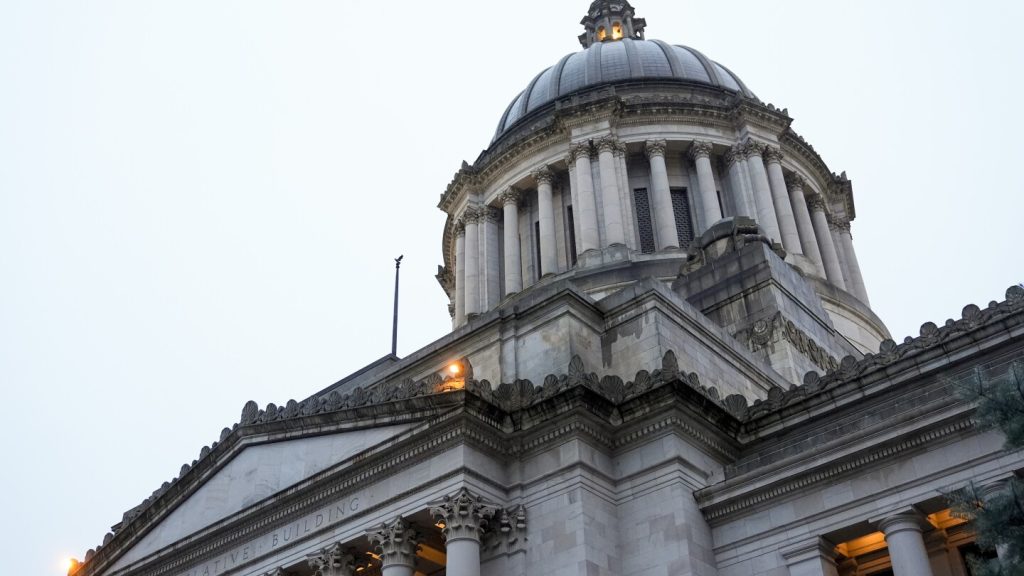A new Washington state parental rights law known as Initiative 2081 is facing opposition from a school district, a nurse, and civil rights and youth services organizations. Critics of the law describe it as a “forced outing” measure that could potentially harm LGBTQ+ students. The law, set to take effect in June, requires schools to notify parents in advance of medical services offered to their child, except in emergencies, and grants parents the right to review their child’s medical and counseling records. It also expands cases where parents can opt their child out of sex education. Critics argue that this could jeopardize students seeking services related to reproductive health, gender identity, sexual orientation, or mental health without their parents’ knowledge.
The battle over Initiative 2081 is part of a broader national debate on parental rights in education. Many parents, particularly conservative groups, are pushing for more oversight in schools, including control over library books, transgender students’ access to facilities, and the teaching of topics related to race, sexual orientation, and gender identity. Most of the rights granted to parents by Initiative 2081 were already covered by existing state or federal laws, but the law expands some of them. For example, minors in Washington do not need parental permission to get an abortion, and certain age groups have the right to seek medical treatment for various issues without parental consent.
Opponents of the law argue that it would harm LGBTQ+ students who rely on school staff as a supportive and safe resource when their home environment is not accepting. Proponents of the law, such as conservative hedge fund manager Brian Heywood, argue that it simply gives parents the right to be informed about their child’s medical care and counseling. Heywood’s political action committee financed the initiative and believes that parents should have the right to know about their child’s health and well-being. However, critics see the law as an infringement on students’ privacy and autonomy.
The legal challenge to Initiative 2081 is based partly on a procedural matter related to the Washington Constitution. The constitution requires that new laws explicitly state if they revise or revoke old laws, and opponents argue that the initiative fails to do so in several cases. For example, the measure gives parents the right to be notified before their child receives medical care or counseling at school, but it does not explicitly address the existing privacy laws protecting young people’s medical records. Organizations like the ACLU of Washington are involved in the lawsuit, emphasizing procedural concerns as well as objections to the substance of the law.
Some of the plaintiffs in the lawsuit include the South Whidbey School District, a psychiatric nurse-practitioner, and various organizations dedicated to LGBTQ+ and youth rights. The South Whidbey School District passed a resolution stating that the law negatively affects the rights of youth, including LGBTQ+ individuals, survivors of sexual and domestic violence, and those seeking reproductive health care or gender-affirming care. The legal challenge is ongoing in King County Superior Court, and it remains to be seen how the court will rule on the implementation of Initiative 2081. The broader debate over parental rights in education is likely to continue as similar laws and initiatives are proposed in other states.


